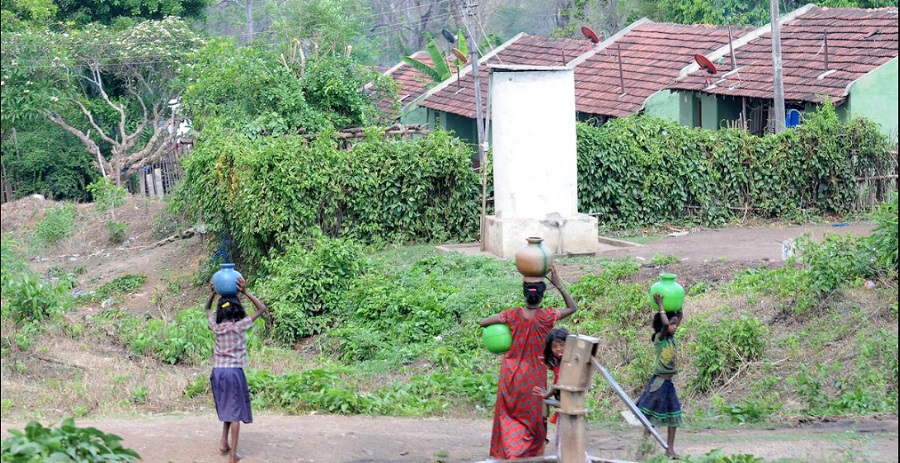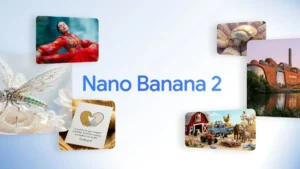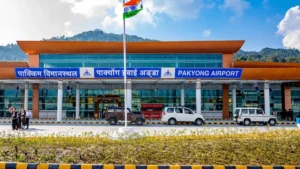World Bank supports clean drinking water supply to rural Karnataka
The World Bank has granted a loan of USD 363 million to the state of Karnataka in India, which will help to provide clean drinking water to two million rural households. The initiative aims to establish piped water connections in households throughout the state, including the construction of a drinking water distribution network and the installation of water meters. The project is set to benefit around 10 million people across all 31 districts in the state. The loan is part of the Karnataka Sustainable Rural Water Supply Program, which seeks to introduce policies and initiatives that will improve the operational efficiency of rural water supply services.
Buy Prime Test Series for all Banking, SSC, Insurance & other exams
World Bank promotes gender parity in access to clean water
The state of Karnataka is vulnerable to climate change-related variable rainfall, leading to groundwater depletion and deteriorating water quality. Nearly 77% of the state is arid or semi-arid, making the need for a sustainable water supply even more pressing. The World Bank’s loan is part of its efforts to address the issue, with a particular focus on promoting gender parity. Women, who typically bear the greatest burden of fetching water, will benefit significantly from the program. They will have better health and more time to pursue education and formal employment opportunities.
Program to revive 500 rural water reservoirs, provide skills training
The loan, which comes from the International Bank of Reconstruction and Development (IBRD), uses the Program-for-Results (PforR) financing instrument. This means that funds will only be disbursed when specific program results are achieved. The loan has a maturity of 13.5 years, including a grace period of two years. The Karnataka Sustainable Rural Water Supply Program aims to revive 500 rural water reservoirs in seven water-stressed districts, which will help to increase water storage capacity and groundwater recharge. Around 3,000 rural women will receive on-the-job skills training to become employed as plumbers. Additionally, the program will seek to demonstrate 24/7 water supply service in at least 500 Gram Panchayats, and enhance the capacity of rural local governments to manage water supply services efficiently.
You may also read this:




 7 Countries that Celebrate Holi Like Ind...
7 Countries that Celebrate Holi Like Ind...
 Google Launches Nano Banana 2 Powered by...
Google Launches Nano Banana 2 Powered by...
 Pakyong Airport to Be Renamed After Free...
Pakyong Airport to Be Renamed After Free...








